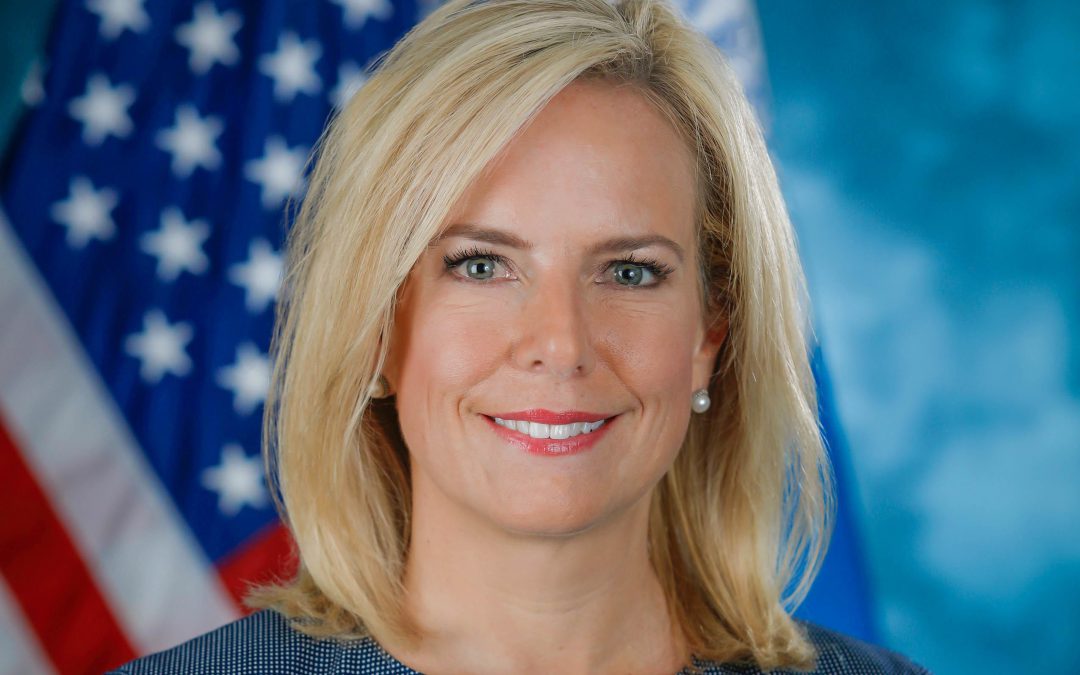WASHINGTON — The Department of Homeland Security is expected to decide whether to cancel or extend protected status for hundreds of Somalis living in the U.S. by Thursday, and experts warn that revoking the protection would send the Somalis back to a country where terrorist groups are torturing thousands of residents.
“I’m so scared if my (Temporary Protected Status) is terminated … If I go back, will I be alive or tortured and be killed,” Ali Abdul, a Somali TPS holder, said.
DHS gives Temporary Protected Status to eligible people already in the United States who come from countries with environmental disasters or armed conflict.
Yolanda Rondon, senior staff attorney for the American-Arab Anti-Discrimination Committee, said that there are close to 500 Somalis currently eligible for the TPS program based on the numbers from the 2012 TPS redesignation, which was the last time Somalis who entered the U.S. could then get TPS status.
Jibril Afyare, president of Somali American Citizens League, said TPS was renewed regularly by the Obama and Bush administrations but that this year Somalis fear that it will not be extended. Although the Trump administration renewed TPS last year, those with the protected status are worried that the Justice Department’s policy toward undocumented immigrants may spill over into Homeland Security’s decision on TPS.
Somalia is also among the countries listed on the U.S. travel ban list, which means that Somalis sent home will not be allowed to re-enter the United States.
“They are targeted by al Shabaab either to become a member or targeted to be killed because it’s imagined that they are spying,” Patrice Lawrence, policy director for the UndocuBlack Network said. “We have stories of those people who we have talked to who had bullet wounds and scars through the torture and the abuse that they had to endure.”
Abdul said he was kidnapped and tortured by al Shabaab before fleeing to the U.S. in 2009.
“I’m happy to be alive in a country where justice, peace mean something,” Abdul said.
Abdul can’t leave the country as he is the sole provider for his wife and seven-year old son. TPS grants him the right to work legally in the United States.
“I’m so happy that my son can go to school right now. Whereas for me I was not able to go to school. I was not even sure if I will live the next day,” Abdul said.
Michele Waslin, program coordinator at the Institute for Immigration Research at George Mason University, said the Trump administration’s immigration laws are devaluing the importance of families.
“By terminating temporary protected status, we will be separating American families because we’re forcing some of those family members to return to countries that they have not seen for a very long time and that continued to be dangerous,” Waslin said.
Lawrence said that even if the Department of Homeland Security extends TPS for the Somalis who are now protected, it isn’t enough because there are many Somalis in the U.S. on visas who can’t apply for TPS status because there has been no redesignation since 2012 for Somalia as a country with armed conflict.
“There are at least about 1,000 Somali nationals who were granted visitor visas into the United States between 2012 and today,” Rondon said. “Those thousand people are not eligible to apply for TPS.”
Last week 83 members of Congress, including Democratic Reps. Keith Ellison of Minnesota and Pramila Jayapal of Washington, sent a letter to DHS Secretary Kirstjen Nielsen and Secretary of State Mike Pompeo urging them to redesignate Temporary Protected Status for Somalia and extend the program for 18 months.
“Given the administration’s assessment that the situation on the ground is still too dangerous to move our Embassy into Somalia and nearly half of the population continues to face food insecurity, it would be inhumane and irresponsible to force Somalis in the TPS program to leave their homes and communities here in the United States,” Ellison said. “America must continue to be a safe haven for those in need. I’m proud to represent one of the largest Somali communities in the United States.”


